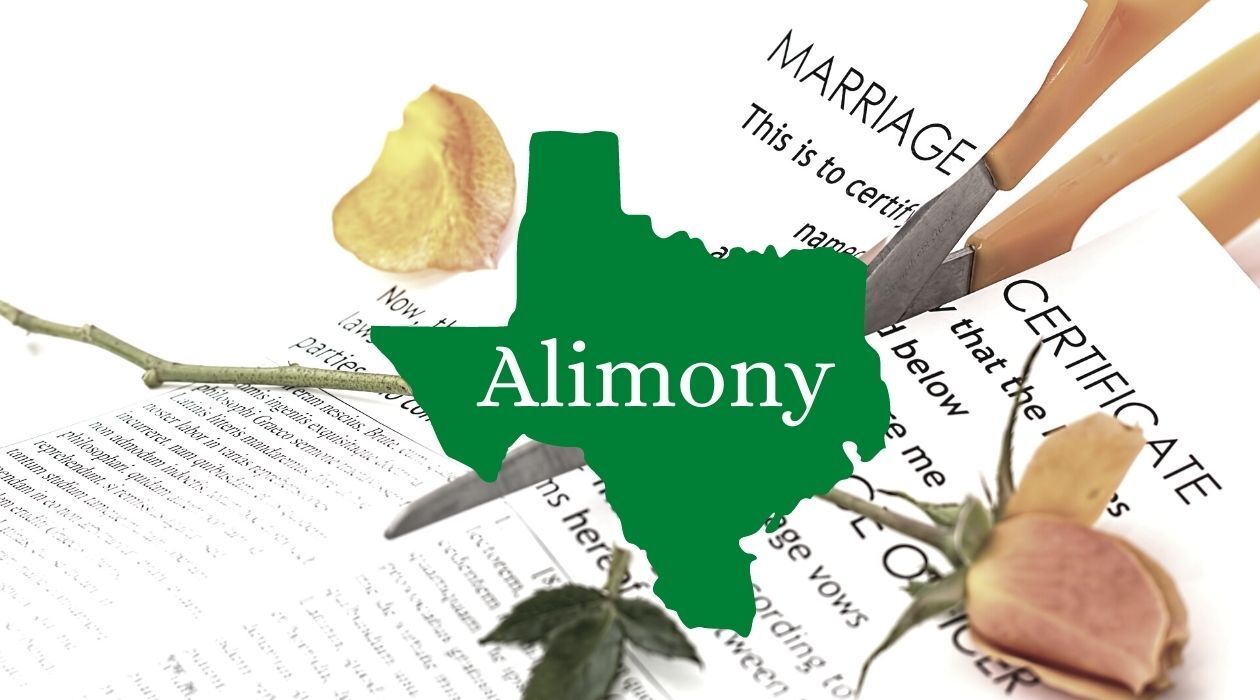What are the Four Types of Visas?
Visas Are A Key Part Of Immigration Law
Here's What You Need To Know About the 4 Types of Visas

Obtaining a visa can be an intimidating and complicated process. Like many steps of the immigration process, the complex immigration laws in place leave room for mistakes, misunderstanding, and possible disqualification. As a result, it's essential to understand visas and their requirements before you begin your immigration journey.
So what are the four types of visas? And once you've identified the best fit for you, how do you proceed?
U.S. visas are broken into two main categories: immigrant and non-immigrant visas. If you are a foreign national who intends to live permanently in the United States, then an immigrant visa is required. Non-immigrant visas, on the other hand, are issued for temporary stays, such as a business trip, studying, or other forms of travel. There are, however, several sub-categories of visas that are important to understand.
Four Types of Visas in The United States
Family-Based Immigration Visas
The family-based immigration visas are split into two primary categories:
Immediate Relative Visa: This type of visa is based on a close family relationship with a U.S. citizen. The number of immigrants in these categories is not limited each fiscal year. The number of Immediate Relative visas issued can be limited based on the type of Family-Based Green Card. Visas with annual limits or caps are processed in chronological order.
- IR-1 is for spouses of US citizens.
- IR-2 is for children of U.S citizens that are under 21 and unmarried.
- IR-3 is for kids adopted abroad by U.S citizens.
- IR-4 is for children who are going to be adopted in the U.S.
- IR-5 is for parents of citizens 21 years or older.
Family Preference Visas: The number of immigrants in this category is limited each fiscal year. Family preference visas have annual limits on how many are permitted to be issued annually, and are for relationships with more distantly related U.S. citizens or specified relationships with a Lawful Permanent Resident (LPR).
Here's a breakdown of the most common categories:
- F-1 is for unmarried children of U.S. citizens and their minor children.
- Annual Cap: 23,400
- F-2 is for spouses and minor children, or adult children of permanent residents.
- Annual Cap: 114,200
- F-3 is for married children of U.S. citizens who are bringing their families to the U.S.
- Annual Cap: 23,400
- F-4 is for siblings of U.S. citizens who are bringing their families to the U.S.
- Annual Cap: 65,000
Investor Visas
Every fiscal year, approximately 140,000 employment-based immigrant visas are made available to qualified applicants under the provisions of U.S. immigration law. Employment-based immigrant visas are divided into five preference categories; the investor visa (Employment 5th Preference or E5) is specifically for Immigrant Investors (also called Immigrant Entrepreneurs). Investor Visas are made available to foreign nationals moving to the U.S. intending to engage in commercial enterprises that benefit the economy and potentially create jobs.
E5 investors make up over 7% of the employment-based immigrant visas issued each year. The requirements for investor visas are particularly strict, demanding that the investment amount is at least either:
- $1,000,000 USD or...
- $500,000 USD that will be invested in a rural area and/or an area with high unemployment
Additionally, the Immigrant Investor must create no less than 10 full-time jobs (not including family members) within two years.

Travel Visas
Visitor visas are non-immigrant visas for persons who want to enter the United States temporarily for business (visa category B-1), for tourism (visa category B-2), or for a combination of both purposes (B-1/B-2).
U.S. policy does, however, permit visa free travel for citizens of specific countries through the Visa Waiver Program (WVP). This waiver comes with a number of requirements, including that it be an e-Passport.
It's important to note that just as there are four types of visas, there are also sub-categories of travel visas as well. They are:
- Standard tourist visas (for pleasure travel)
- Immigration and naturalization visas (including by marriage)
- Student visas (for studying abroad)
- Business/work visas (both immigrant and non-immigrant visas can be included in this category, depending on if you are staying temporarily or permanently)
You will generally need a visa if you are traveling to OR from the U.S.
K Visa
If you are a U.S. citizen who wants to bring their foreign fiancé to the states as a resident, you will need a K Visa, a.k.a. the Fiance Visa. A K Visa enables U.S. citizens to request that their fiancé and fiancé's children and overseas spouses be allowed to enter the U.S. as non-immigrants.
The K Visa permits a foreign citizen fiancé(e) to travel to the U.S. and marry his or her U.S. citizen sponsor within 90 days of arrival. The foreign citizen will then apply for adjustment of status to a permanent resident (LPR) with the Department of Homeland Security (DHS), U.S. Citizenship and Immigration Services (USCIS).
Because a fiancé(e) visa permits the holder to immigrate to the U.S. and marry a U.S. citizen shortly after arrival, the fiancé(e) must meet some of the requirements of an immigrant visa.
Eligible children of K-1 Visa applicants receive K-2 Visas.
- K-1 is for a fiancé of a U.S citizen.
- K-2 is for the children of the non-citizen fiancé.
- K-3 is for spouses of U.S citizens that are currently overseas.
Common Issues With Visas
There are several common issues that can arise when applying for a visa. These can include:
- Simple mistakes, like spelling or missing information
- Missing deadlines or not factoring in the high potential for delays
- Red flags or inconsistencies in your bank statements
- Missing documentation
- Expiration, or failing to meet requirements (such as an Immigrant Investor failing to meet the borrowing, business, or employment quotas demanded of them)
- And YES... applying for the wrong visa. It's more common than you might think! This is why understanding the four types of visas is so crucial.
If you are attempting to immigrate to the state of Texas, you can expect the visa application process to be largely similar to the rest of the U.S. It's important to note, however, that Texas specific laws on immigration & employment can impact your employment experience. For example, although employers are legally barred from asking about your immigration status, Texas employers are allowed to fire employees "at will." Even though they cannot terminate a contract based on an employee's nationality, they can terminate your employment if you fail to produce evidence that you are authorized to legally work in the U.S.
Facing Difficulty With Your Visa?
If you are dealing with significant obstacles or concerns about your visa, there is help available. McClain Legal Solutions has experience helping clients with many aspects of the immigration process, ranging from greens cards to visas, and everything in between.
Don't hesitate to reach out to us! We have navigated many complex cases with the four types of visas and have consistently produced results for our clients. We would be happy to help you on your path to the American dream.









